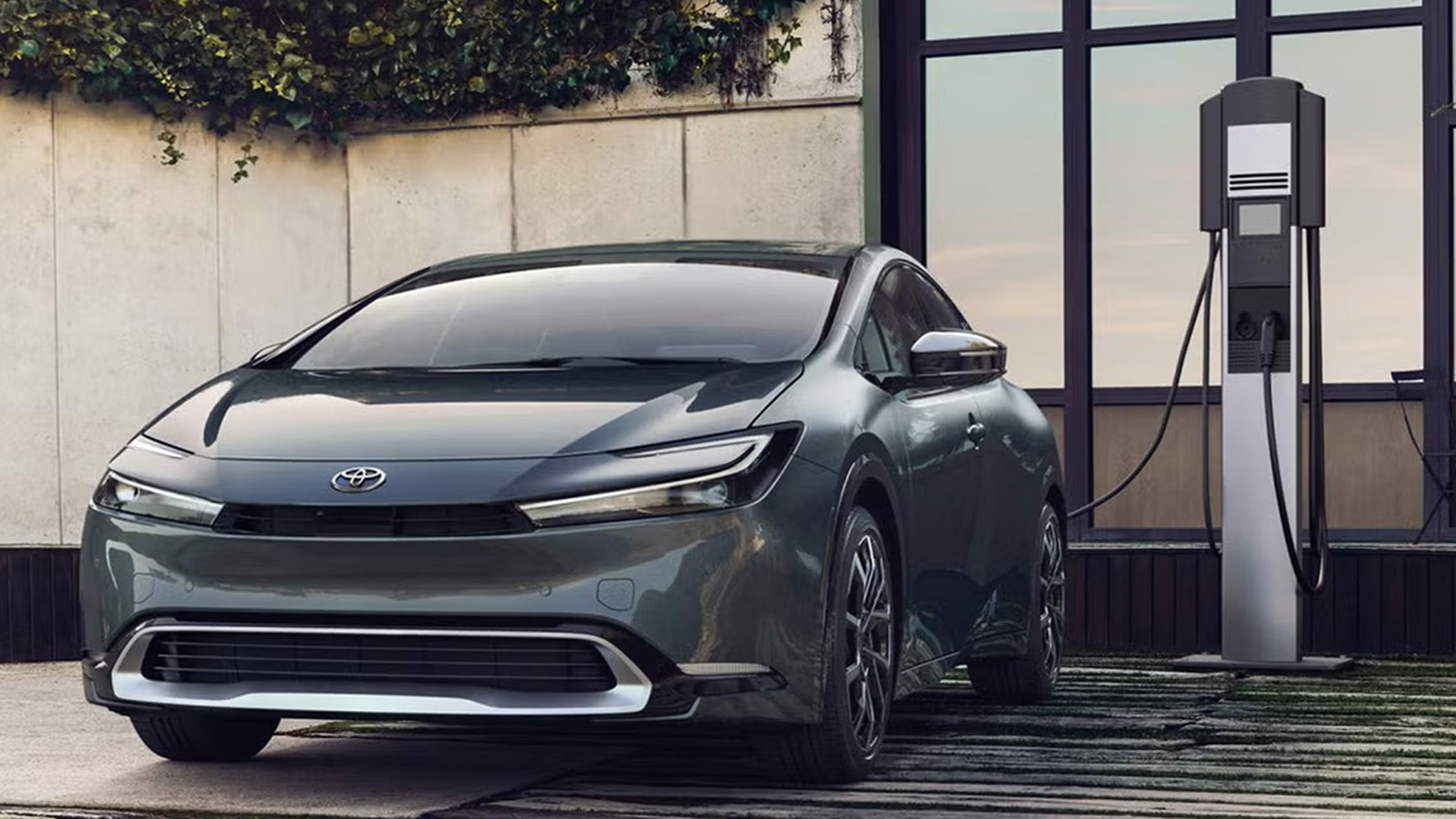Written by Jeremy Ertl | Associate PR Director
‘Tis the season for giving, so we’re back with the latest and greatest from the world of planes, trains and automobiles. For anyone new to the column, we aim to share interesting links, thoughts on trending stories and more about the future of transportation. So, let’s break down this month’s headlines.
Semi-Problematic
It appears we’re not done talking about Elon’s tweets just yet, but this time we may have gotten one of substance on the Tesla Semi. The CEO announced to the world that the team had “just completed a 500 mile drive with a Tesla Semi weighing in at 81,000 lbs!” See here and try to avoid the rest of that dumpster fire of a feed if you can.
Though the famed Tesla Semi originally made waves back in 2017 for its *alleged* capabilities, including hauling a full 40 ton-load ~500 miles on a single charge, the project suffered from several setbacks before ultimately delaying production until 2022 (Electrek).
On December 1, Tesla delivered the first vehicle to customer PepsiCo (three years late and details short), so we’re curious (albeit skeptical) of how the new entry will fare against high-market expectations.
More importantly, what’s it going to take to power all these electric behemoths (Freightliner, Volvo and Nikola have also introduced e-models) once they are on the road? According to Automotive News, electrifying a standard gas station will require the power equivalent to one sold out Taylor Swift stadium show, and as more fill up our highways, power needs will equal that of a small town by 2035.
Thankfully Ticketmaster isn’t on that one.
A New Era for the Toyota Prius
It’s giving… sporty. The fifth generation Prius, a hybrid vehicle that paved the way for electric cars to become what they are today, has landed with a new edgy design coupling bigger wheels with a sleeker frame (Bloomberg).
When re-launched in 2023, the base model will have 194 hp, with the Prime model offering 220 hp, solar panels and a hands-free driving mode (Car & Driver). Pricing is still up in the air, though Toyota stressed the importance of making the vehicle “affordable for everybody.”
The automaker has struggled to replicate the Prius’ success with a fully-electric model and is reportedly considering hitting the reset button on its $17.6 billion investment in EV battery tech (The Verge). With more than 4.75 million Priuses sold to date and almost 86,000 sold last year alone, Toyota is breathing new life into the trailblazer hybrid in hopes of recreating some of that initial magic.
We love a glow up.
I, Robotaxi
Despite ending last month’s column on the somber note of self-driving startup Argo AI’s demise (which reportedly folded after Amazon pulled the plug on its Rivian deal), others in the space are charging ahead on fully autonomous chauffeuring (Axios).
Amidst an increasingly skeptical market, Cruise and Waymo are perhaps the sector’s biggest success stories, as both already operate driverless taxis in San Francisco and Phoenix. Although, both are also facing regulatory hurdles (The Verge) and navigating successfully within commercially viable markets (Forbes).
Cruise plans to expand its robotaxi service to Phoenix and Austin by the end of the year, with Waymo planning to launch a third market (Los Angeles).
Axios’s Joann Muller took a ride in a Cruise driverless taxi affectionally named “Apricot” in San Francisco and wrote about the experience, which seemed to only suffer from minor user error.
Will Smith will not be too pleased when he hears about this.
Mile Hydrogen Club
Hydrogen has certainly been a hot topic this year. Though some consider the alternative fuel source to be losing the battle against lithium-ion batteries in light vehicles (we said *some*, take it up with Reuters), the H1 element is building up momentum with longer-haul, heavy-load transportation.
Enter Airbus, the European aircraft manufacturer attempting to decarbonize the global aviation industry. As part of the company’s goal to have a zero-emission aircraft in-service by 2035, Airbus unveiled plans for a hydrogen fuel-cell plane engine.
Rolls-Royce and easyJet recently completed a successful first test of their own hydrogen-powered commercial aircraft engine (Simple Flying), but unlike that solution, Airbus would use an electric motor just like fuel-cell cars, while emitting only H2O.
The company plans to eventually use this technology in commercial aircraft that could carry up to 100 passengers around 1,150 miles (Engadget).
Now, if only hydrogen could solve leg room in economy.
Quick miles:
- Since Elon’s Twitter takeover, both GM and its powerhouse CEO Mary Barra have gone silent on the platform, via Automotive News
- E-bike battery fires are on the rise (in one case sending 43 people to the hospital), and NYC apartments are banning them because of it, from Axios
- The LA Auto Show got a nice jolt of life support with product announcements from Hyundai, Fiat and Genesis, via TechCrunch
- Luxury EV maker Lucid has unveiled its lowest-cost model yet, the Air Pure sedan which will start at $87,400, according to CNBC
- Real-world applications for autonomous trucking pilots are heating up, with experts from Kodiak, Torc, Waymo Via and TuSimple weighing in, from Transport Topics
- President Biden signed a bill to avert the national rail worker strike riiiiiiiight before the holidays, but with no paid sick day provisions (CNBC)
- The 2022 EVO (Electric Vehicle Outlook) Report is out from research firm BloombergNEF, which notes that global passenger car sales for EVs topped 13% in the first half of the year, beating expectations (8.7% in 2021 for perspective)
Need help or advice on marketing your product that’s transforming transportation? Get in touch here.
